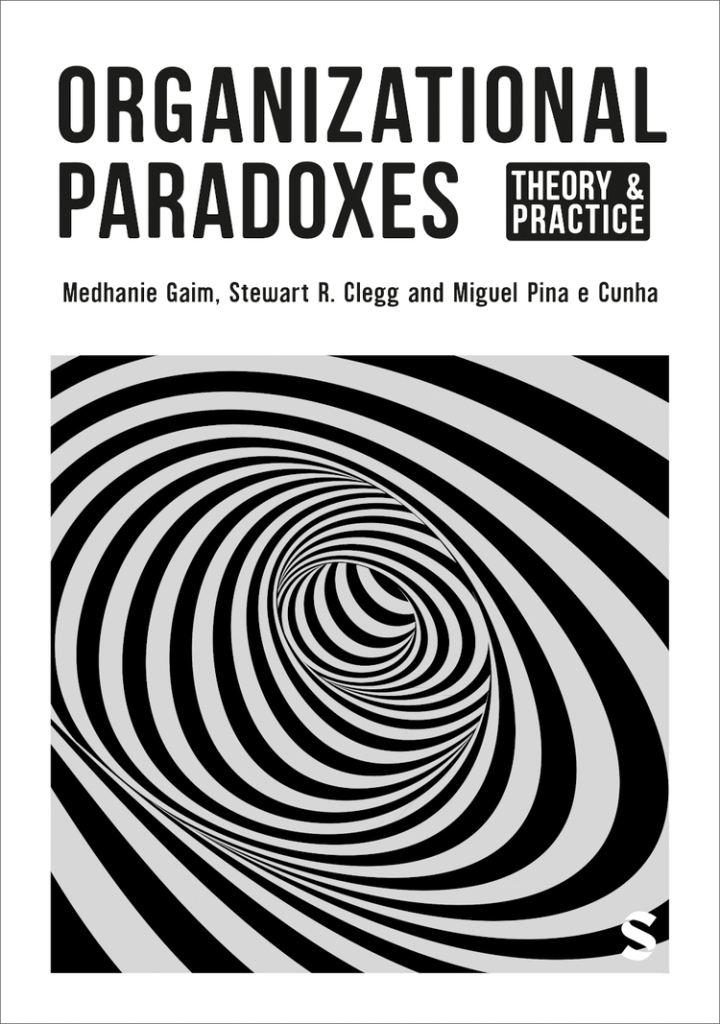
Organizational Paradoxes 1st Edition - Theory and Practice
PUBLISHER: Sage
Trường ĐH, Nhóm, Thư Viện: Gọi 0915920514 để báo giá eBook hosting trên Vital Source hoặc mua Sách In
Nghịch lý tổ chứcLý thuyết và thực hànhCuốn sách hấp dẫn này đi sâu vào lĩnh vực phức tạp của động lực quản lý và tổ chức, tập trung vào tầm quan trọng của những nghịch lý. Từ sự tương tác phức tạp giữa nghĩa vụ xã hội và sứ mệnh kinh doanh đến sự căng thẳng giữa sự ổn định và thay đổi, cuốn sách giáo khoa này tiết lộ bản chất của những mâu thuẫn lâu dài này. Khi các tổ chức phát triển, những nghịch lý trở thành đặc điểm nổi bật và các trường hợp minh họa về điều này được đưa vào xuyên suốt sách giáo khoa. Nghịch lý tổ chức trang bị cho sinh viên quản lý tổ chức, thay đổi tổ chức và chiến lược hiểu biết về những nghịch lý, nền tảng triết học và cách quản lý của chúng trong thực tế. Medhanie Gaim (Tiến sĩ) là Phó Giáo sư Quản lý tại Trường Kinh doanh, Kinh tế và Thống kê Umeå, Thụy Điển. Stewart Clegg là Giáo sư tại Trường Quản lý Dự án và Viện Lãnh đạo Dự án John Grill và là Giáo sư Danh dự Xuất sắc của Đại học Công nghệ Sydney. Miguel Pina e Cunha là giáo sư chủ trì Fundação Amélia de Mello tại Trường Kinh doanh và Kinh tế Nova, Đại học Nova Lisbon, Bồ Đào Nha.
List of FiguresList of TablesList of BoxesAbout the AuthorsAcknowledgements1 Introduction to Organizational ParadoxWhy paradox?What is different?How can the book help students?How to read the bookHow to use the book2 What Is (not) a Paradox?Problematizing competing demandsVisualizing competing demandsParadoxes’ multiple manifestations: levels of analysis3 Types of ParadoxesParadoxes of learningParadoxes of organizingParadoxes of performingParadoxes of belongingThe interrelatedness of paradoxes4 Philosophical Roots and Basic Assumptions of ParadoxesEast, West and beyondThe materialist vs interpretivist perspectivesParadoxes: latent, salient or both?5 Responding to Organizational ParadoxesActive vs defensive responsesBehavioural manifestations in respondingVoluntary vs forced choicesAdaptive responsesWeak vs strong paradoxesMundane vs remarkable paradoxes6 Boundary Conditions: What Does It Take to Deal with Paradoxes?Mindset and emotional composureAgency and access to resourcesOrganizational contextPower asymmetry and degree of polarization7 Here Comes Trouble: The Dark Side of ParadoxesDesirable but not possible(Mis)managing paradoxes and unintended consequencesHow to handle pragmatic paradoxes8 Possibilities and ChallengesNurturing an appreciation of paradoxFuture challenges9 A Final ReflectionHow to continue exploring paradoxReferencesIndex















